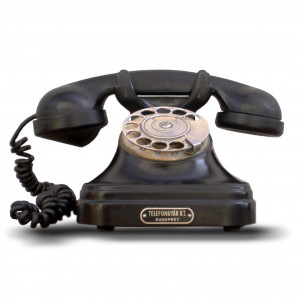For starters, age brings freedom. At a certain point you get to set your own standards, like substituting donuts for protein.
January is the month for birthdays in my family. Everyone seems to have one. And all have followed convention by becoming just a bit older. Yearly trips around the sun carry the price of some wear and tear on the body, with the compensation of expanding in to a little more compassion and empathy for others. No guarantees, of course. We’ve all known people who wear their accumulating years with little grace. We have the bite marks on our lips to prove it.
But aging still has clear advantages; those of us who are old enough to remember the telephone as a complete nuisance are likely to see added years more clearly. For starters, age brings freedom. At a certain point you get to set your own standards, like substituting donuts for protein, or including wine and ketchup in the food hierarchy of fruits and vegetables. In that improved guide, a Mediterranean diet of pizza and pasta go to the very top.
Men who have been freed from the strictures of a daily job also get to revert to the kinds of outfits they liked when they were eight years old. And retirement brings more freedom to chase after balls of various sizes around courts and weeds. Women have the tougher road to aging; they must suffer through a shameless juggernaut of media content pushing clothes, diet and skin products that promise too much. With these changes, most of us who have circumnavigated the sun more times than some asteroids have lost interest in mirrors and selfies. After every house remodel my bathroom mirror grows smaller. It’s turns out to be better all around to finally look outward.
 Another advantage of passing into older age is the fact that most people assume that you can’t hear very well. That’s true for some. But this stereotype is an opportunity to finally have a reason to ignore unpleasant comments from fools who deserve to be unnoticed. There are few things I liked about the Reagan Presidency. But Reagan mastered the blank smile of a person who hasn’t a clue of what you are saying. I like to think that his bad hearing might have even saved lives.
Another advantage of passing into older age is the fact that most people assume that you can’t hear very well. That’s true for some. But this stereotype is an opportunity to finally have a reason to ignore unpleasant comments from fools who deserve to be unnoticed. There are few things I liked about the Reagan Presidency. But Reagan mastered the blank smile of a person who hasn’t a clue of what you are saying. I like to think that his bad hearing might have even saved lives.
Age also takes away some of the endless concerns shared by most of the young that they are meeting the standards of others. In most cases parents counterbalanced their love with expectations that outstripped the numerous jeremiads of the Puritans. Many of us have spent years trying to fulfill what was anticipated for us. We were usually not neglected, but also not allowed to forget the well-intended but incessant reminders related to schooling, possible careers, romantic partners, saving money, and finding useful interests. Many of us became temporary Reagans, learning to nod in agreement while keeping our own counsel. For everyone else, adulthood and a real income makes psychotherapy an option for putting frayed egos back together.
![]()




